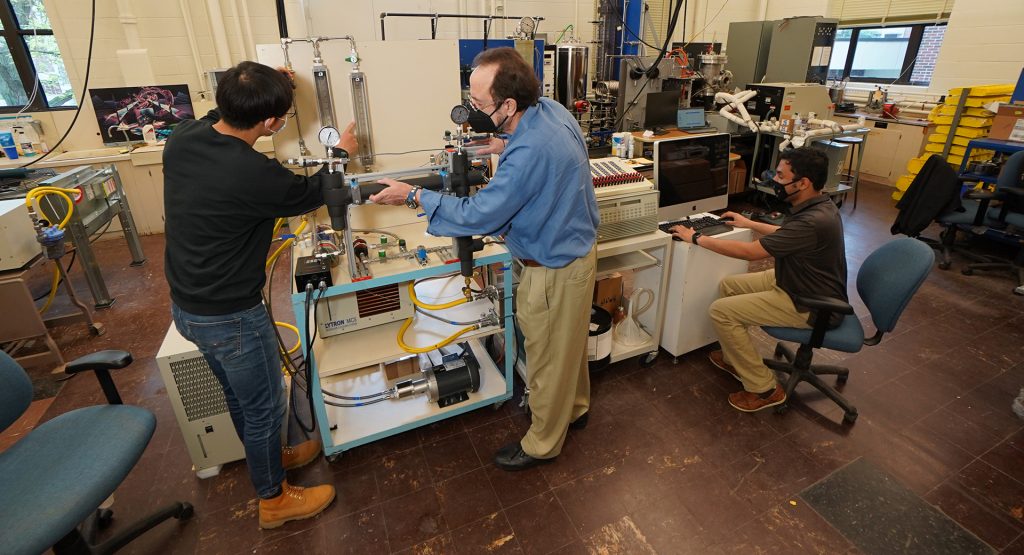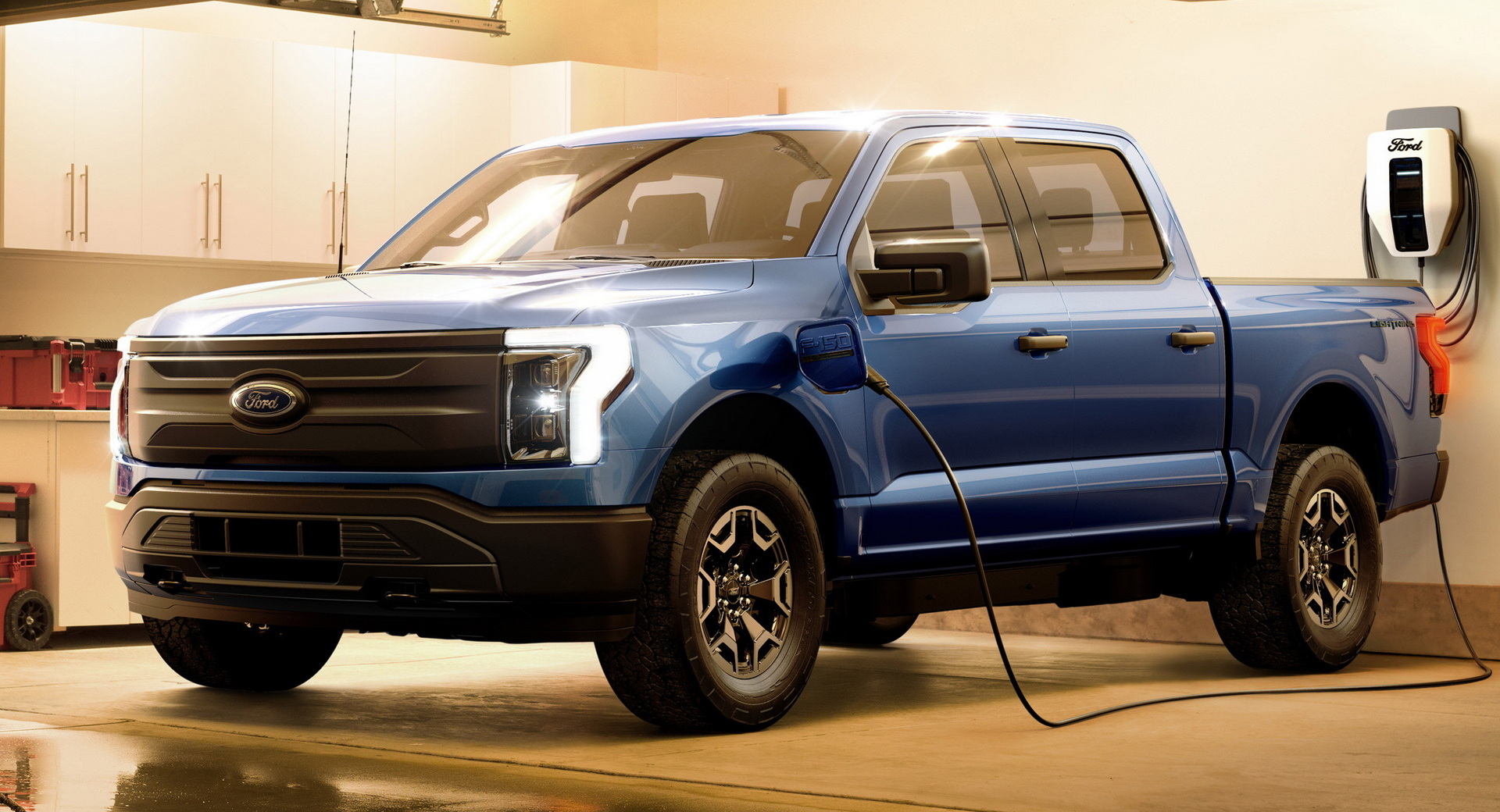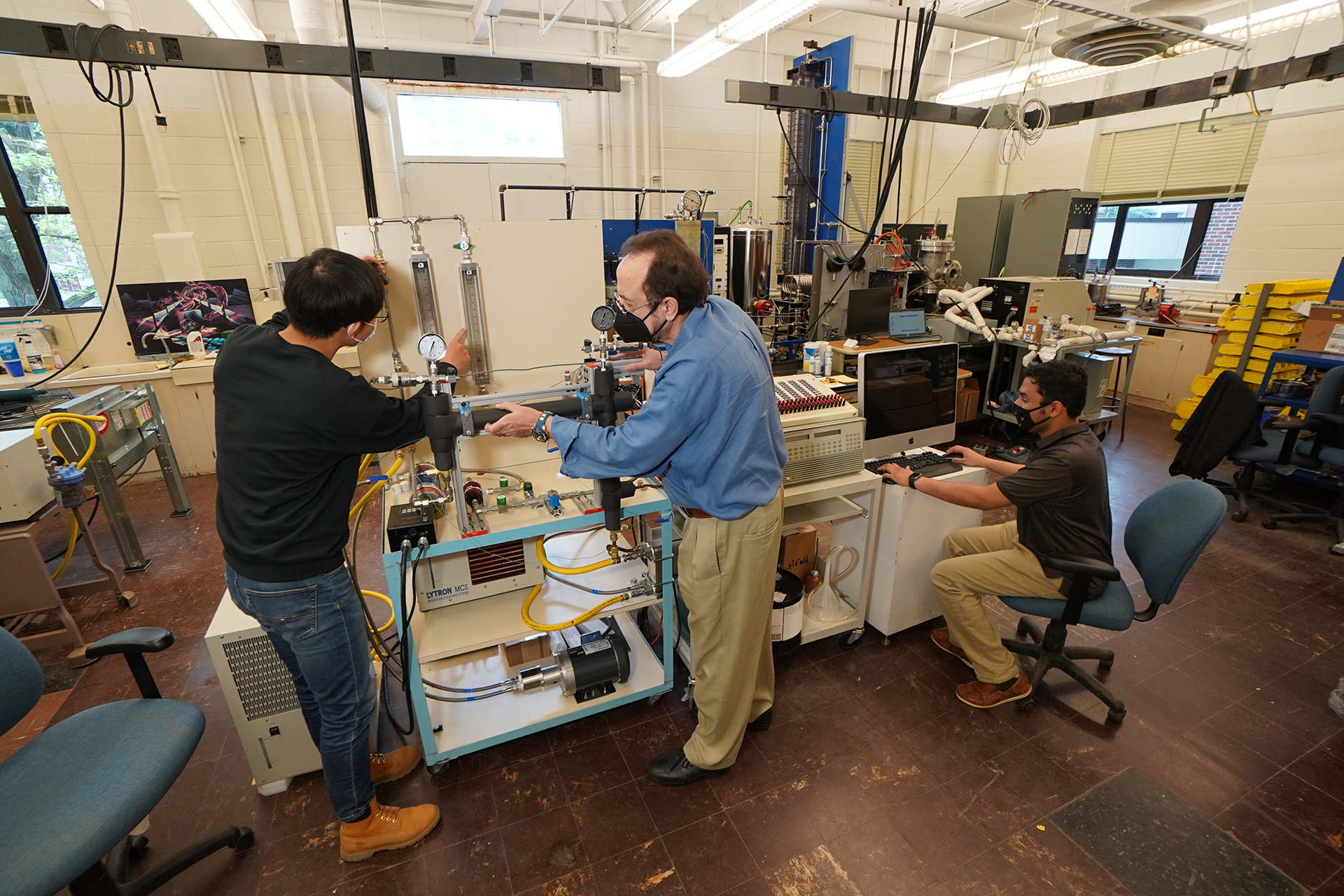One of the biggest drawbacks of electric vehicles for the average consumer is their relatively slow charging speed. Most people would want their EV to refuel as quickly as filling up the gas tank in a regular car, but the technology just isn’t there yet, so to work around it, many manufacturers have turned their focus to providing batteries that can deliver more range between fill-ups. However, in collaboration with Purdue University, Ford is patenting a technology that manages to attack the charging speed issue directly at the source.
The biggest limiting factor with faster charging speeds is heat. Pump too much current through the charging cable, and you’re looking at a recipe for an overheating disaster. That’s why Ford‘s technology focuses on heat management. The special cable they’ve developed uses a unique liquid cooling process in order to allow larger currents to be delivered to vehicles, thus mitigating the risk of overheating and allowing for faster charging speeds.
Read More: VW Group Working On Wirelessly Charging Your Porsche Taycan To 80 Percent In 10 Minutes
More specifically, that special liquid cooling process sees the active cooling agent undergo a phase change from liquid to vapor, which is what differentiates it from the other liquid cooling technologies currently on the market. The hope is that their technology will reduce charging times down to the equivalent of filling up a tank of gas, which Ford believes is one of the next big hurdles in widespread EV adoption.
“Electric vehicle charging time can vary widely, from 20 minutes at a station to hours on an at-home charging station, and that can be a source of anxiety for people who are considering buying an electric vehicle,” said Issam Mudawar, a Purdue University mechanical engineering professor. “My lab has come up with a solution for situations where the amounts of heat that are produced are beyond the capabilities of today’s technologies.”
See Also: BMW Uses Cow Poop To Charge EVs And Make The Air Cleaner
Mudawar says his lab plans to begin testing a prototype of the charging cable within the next two years, which is not too far away in the grand scheme of things. With bona fide electric vehicles like the F-150 Lightning pickup, Mustang Mach-E crossover, and E-Transit cargo van already in their lineup and more inevitably on the way, Ford is going to need all the advantages they can get to cement themselves a serious player in the EV market, and it looks like this charging technology is one of many steps in achieving that.





